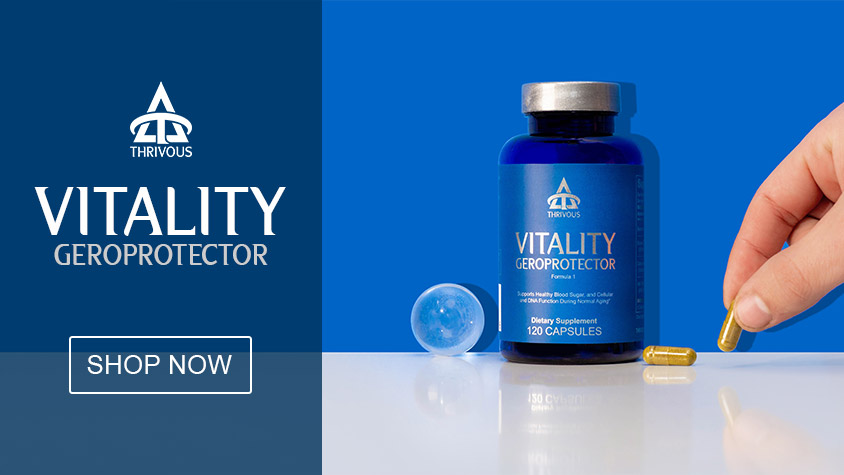
This Supplement Enhances Adaptation to High Altitude

Today, we delve into the fascinating world of human physiology under extreme conditions. Specifically, we discuss recent findings from a new clinical study focused on electrophysiological changes during high-altitude acclimatization and how Coenzyme Q10 (CoQ10) supplements may influence this process. If you’re intrigued by how our bodies adapt to high altitudes, and the potential role of supplements in that adaptation, keep reading!
Study Design
The new study, titled “Effect of ubiquinol on electrophysiology during high-altitude acclimatization and de-acclimatization,” is a randomized clinical trial. Forty-one participants underwent tests to measure their heart’s electrical activity (electrophysiology) before and after exposure to high altitude, while receiving either CoQ10 or a placebo. The purpose? To understand how our hearts adapt to the stress of low oxygen levels at high altitudes.
The study’s controlled conditions and careful documentation provide solid insights. Its design ensures that the results focus on the effects of CoQ10, distinct from external variables that might otherwise skew the data. Measurement of electrophysiological parameters was conducted at the participants’ baseline altitude, after reaching a high altitude of 3900 meters, and upon return to low altitude.
Study Results
The results of the study are significant for those who explore or work in high-altitude environments. It was found that exposure to high altitude affected the heart’s electrical activity. This was indicated by prolonged repolarization, which is a potential risk for cardiac events. Interestingly, supplementation with CoQ10 seemed to mitigate some of these changes.
CoQ10 appears to influence the heart’s ability to maintain a safe rhythm under the stress of low oxygen, suggesting its potential as a protective supplement. These findings are a step forward in understanding how we can support heart health during altitude adaptation.
Recommendation
For the health-conscious and performance-focused individuals, particularly mountaineers, skiers, or high-altitude pilots, this study may have practical implications. Using CoQ10 supplements as part of preparation for high-altitude adventures could potentially safeguard against unwanted electrophysiological changes that come with the territory.
Of course, while the study presents promise, it’s essential to consult with health professionals before starting any new supplement regimen. For those using Thrivous supplements, these findings underscore the importance of recognizing not just the general health enhancement possibilities of supplements, but also their potential for enhancing performance and safety in challenging environments.
Enhancing our physiological responses to high altitudes isn’t just about pushing the limits of human endurance. It’s about understanding and responsibly managing our biology to perform at our best, no matter where we find ourselves.
Thrivous Vitality
Thrivous develops Vitality Geroprotector to enhance metabolic and cellular function for better aging. Each serving of Vitality provides a clinical dose of CoQ10, as well as complementary nutrients. As implied by this study, Vitality may help improve the body’s response to high altitudes. Vitality Geroprotector is available to purchase online now in the Thrivous store.
More Articles
Don’t fall behind! Thrivous monitors new human studies of nootropic and geroprotector supplements, so you can make the best decisions based on the latest science. Supplement Science Updates are part of the free Thrivous newsletter. Subscribe now to receive email about human enhancement, nootropics, and geroprotectors, as well as company news and deals.
Read more articles at Thrivous, the human enhancement company. You can browse recent articles in Thrivous Views.
See other Coenzyme Q10, Supplement Science Update or Vitality Geroprotector articles. Or check out an article below.






